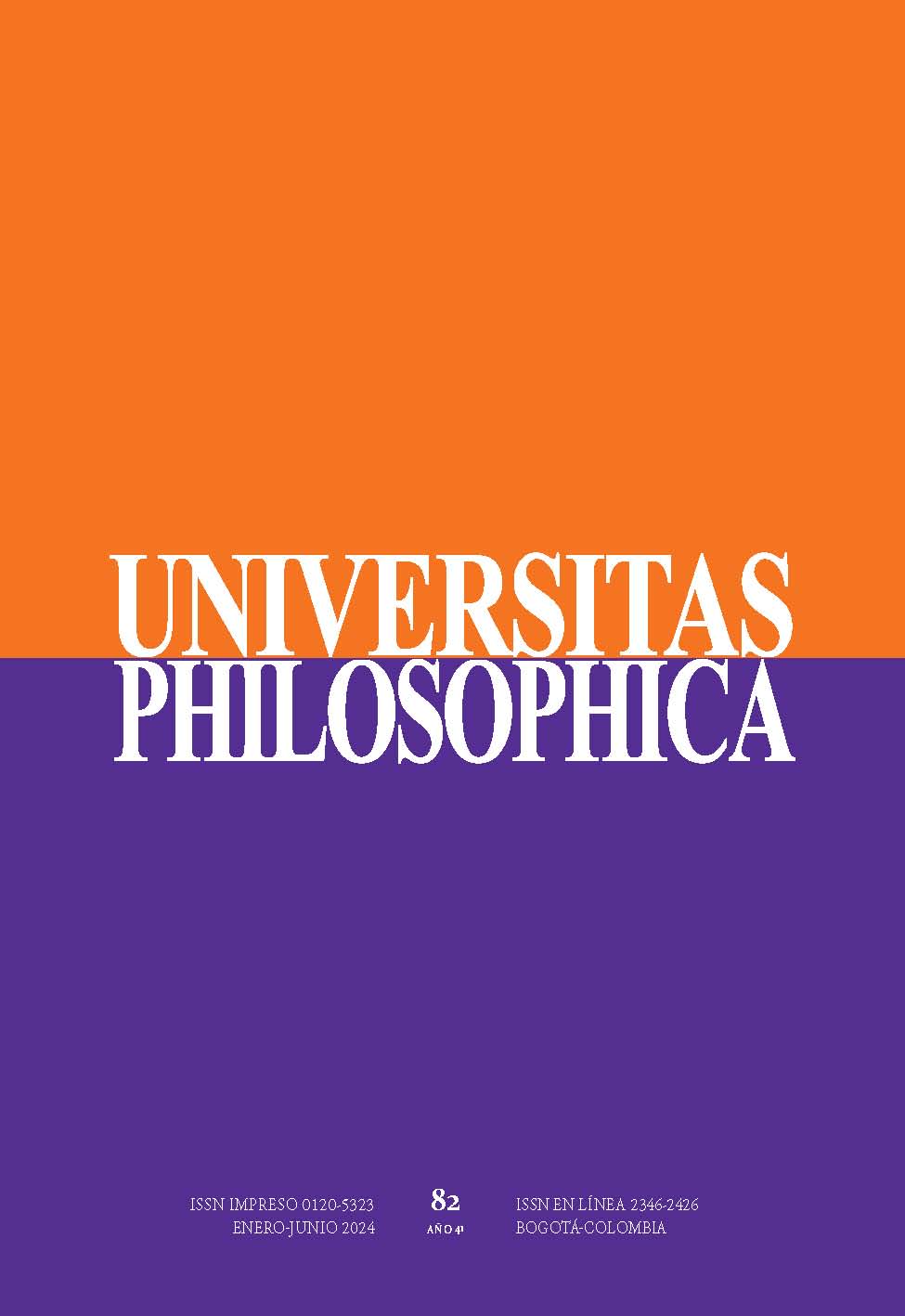Abstract
John Rawls' theory of justice constitutes one of the most significant works in political philosophy of the last century which, due to its immense impact, has been subject to numerous analyses and critiques from various sectors of political philosophy. The purpose of this essay is to contribute to this debate by adopting a critical stance towards two mechanisms that claim to combat and remedy the profound social inequalities prevailing in our present markedly neoliberal societies: on the one hand, the so-called affirmative actions, and on the other hand, meritocracy. It will be argued that both mechanisms directly stem from second subprinciple of the Rawls' second principle of justice (just equality of opportunities) as instruments seemingly intended to materialize it (2); however, under certain special conditions, they ultimately result in exacerbating inequality and justifying this inequitable state of affairs (3).

This work is licensed under a Creative Commons Attribution 4.0 International License.
Copyright (c) 2024 Carlos Andrés Zambrano Sanjuán


